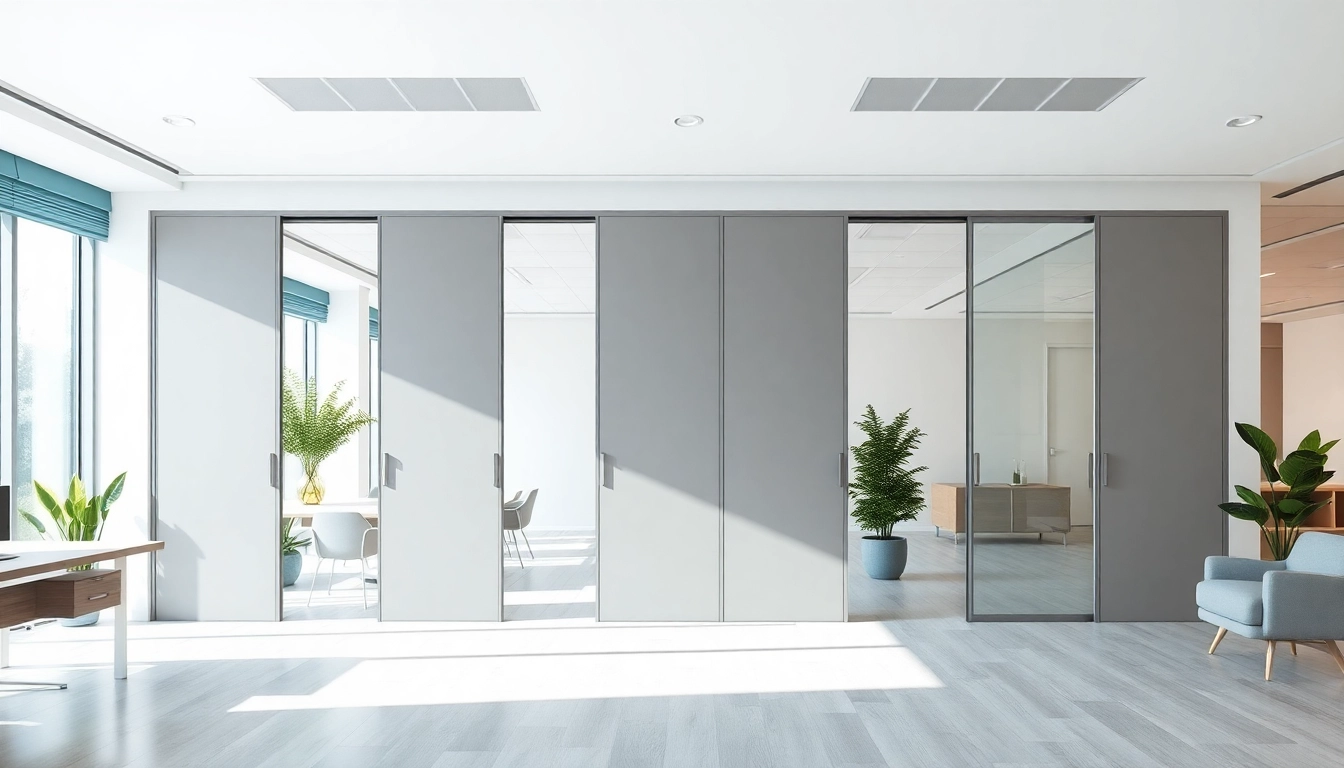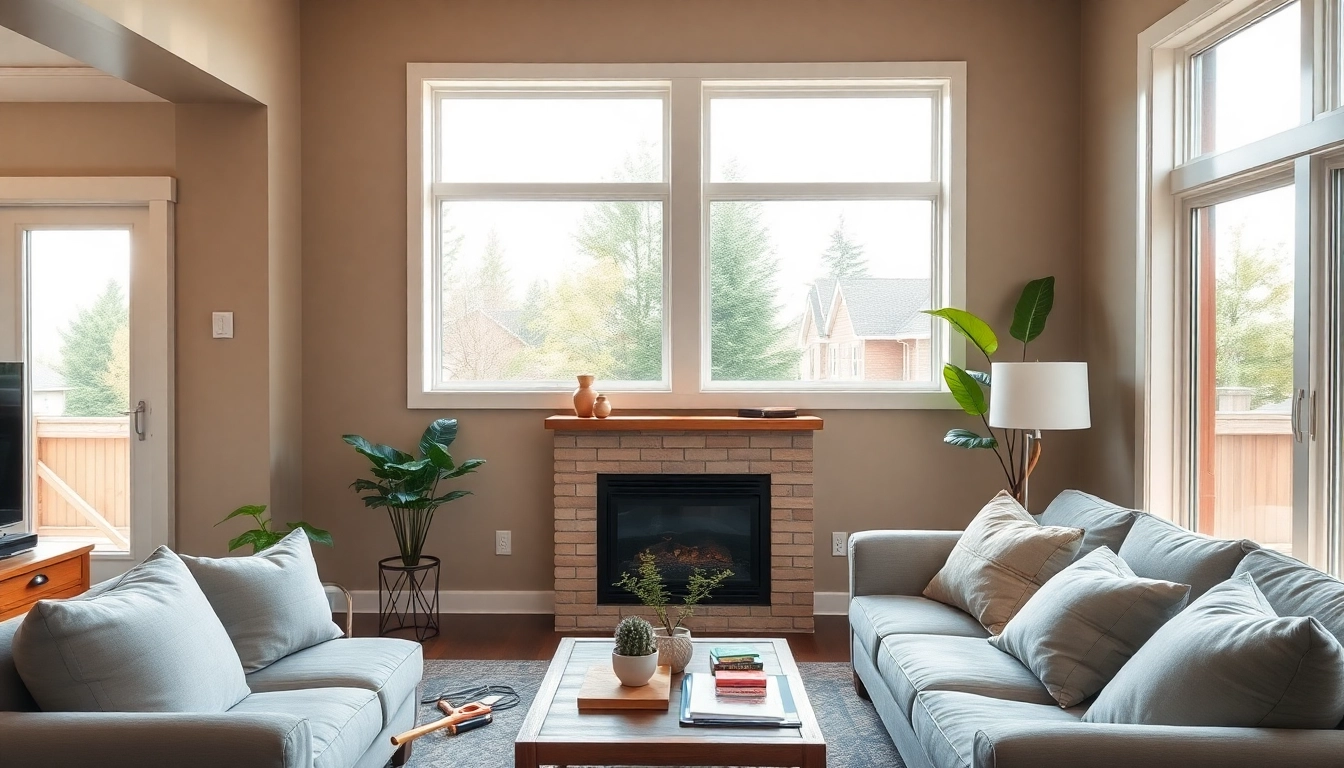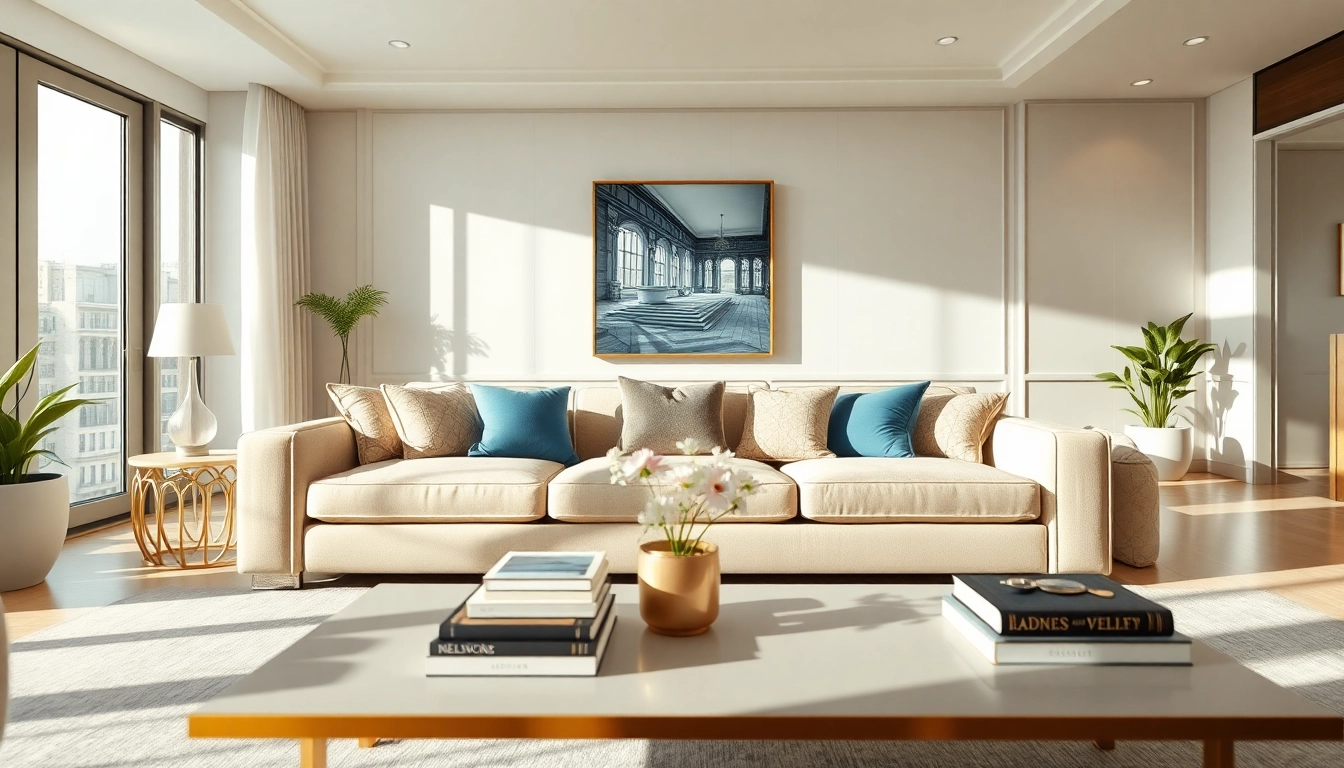Understanding Folding Partition Walls
Definition and Purpose
A Folding Partition Wall is a versatile architectural solution designed to maximize space efficiency in both commercial and residential environments. These movable walls allow for easy configuration of spaces, enabling the quick division or merging of rooms depending on the need. Their design is typically modular and can be customized to fit a variety of applications, making them suitable for large conference rooms, classrooms, restaurants, and even homes.
Types of Folding Partition Walls
Folding partition walls come in various types, each serving unique functions and catering to different needs:
- Accordion Walls: These walls fold back in a concertina-like fashion and are particularly popular in commercial settings for their ease of use and space-saving characteristics.
- Operable Walls: Often used in conference centers and offices, operable walls offer soundproofing and can be adjusted quickly to create different room sizes.
- Sliding Panels: These panels can slide along a track and are ideal for larger openings where hinging is not feasible.
- Glass Folding Walls: Combining aesthetics with functionality, glass folding walls are perfect for spaces that require light transmission while separating areas.
Key Benefits of Using Folding Partition Walls
The use of folding partition walls presents numerous advantages:
- Space Optimization: They provide the flexibility to alter space settings according to needs, significantly improving how spaces are utilized.
- Cost-Effectiveness: Instead of investing in permanent construction, businesses can use folding partitions to create temporary configurations without the high costs of renovations.
- Ease of Use: Modern folding partition walls are designed for quick setup and takedown, minimizing disruption in busy environments.
- Acoustic Control: Many options include soundproofing materials, making them ideal for spaces needing privacy, such as offices or therapy rooms.
Applications of Folding Partition Walls
Folding Partition Walls in Commercial Spaces
Folding partition walls are extensively used in commercial spaces where adaptability is crucial. Venues like hotels, auditoriums, and convention centers utilize these systems to enhance their functionality. For example, a hotel ballroom can use folding partitions to create several smaller meeting rooms during a convention, optimizing space usage according to events.
Residential Uses for Folding Partition Walls
In residential settings, folding partition walls serve as a stylish solution for families seeking flexible living solutions. They can transform a single spacious room into multiple functional areas, ideal for small apartments or open floor plans. Homeowners may employ these partitions to create temporary guest rooms or an office nook, contributing to increased living versatility without permanent alterations.
Case Studies of Successful Implementations
A notable example is the implementation of folding partition walls in a metropolitan hotel where events fluctuated frequently. By installing these movable walls, the hotel management could convert the ballroom into several smaller spaces for breakout sessions, providing guests with tailored solutions for their events while improving overall guest experience.
Another case is an elementary school that used folding walls in its multipurpose room. The walls allowed for quick reconfiguration of space for various activities, such as classes, events, and lunch periods—enhancing utility and promoting an effective learning environment.
Choosing the Right Folding Partition Wall
Factors to Consider When Selecting
When selecting a folding partition wall, several factors should be considered:
- Weight and Size: The wall’s size and weight impact its installation and ease of movement. Ensure that the chosen model fits the intended space correctly.
- Type of Mechanism: Different mechanisms, including top-hung and floor-mounted, influence the wall’s functionality and performance. The choice should align with your specific needs.
- Sound Isolation: If confidentiality or noise control is essential, consider models specifically designed with better soundproofing materials.
Material Options and Aesthetic Choices
Folding partition walls are available in a variety of materials, including wood, fabric, and glass. Each material offers different aesthetics and functionalities:
- Wood: Provides a warm, natural look and is suitable for more traditional settings.
- Fabric: Often used in conference rooms for sound absorption, there is a vast selection of colors and patterns.
- Glass: Ideal for modern spaces, delivering an elegant look while allowing natural light to flow between areas.
Pricing and Budget Considerations
The cost of folding partition walls varies significantly depending on materials, size, and complexity of installation. While opting for high-end models may incur higher initial costs, the long-term benefits and savings due to enhanced space flexibility can justify the investment. Budgeting should include not only the product but also installation fees, maintenance, and potential modifications to your spaces.
Installation and Maintenance of Folding Partition Walls
Guidelines for Professional Installation
To ensure the effective performance of folding partition walls, professional installation is recommended. Key installation guidelines include:
- Surveying the space to determine load requirements.
- Following manufacturer specifications closely for wall installations.
- Ensuring proper alignment of tracks and panels to avoid operational issues.
Maintenance Tips for Longevity
Proper maintenance will prolong the life of folding partition walls. Suggested practices include:
- Regular Cleaning: Keep panels dust-free to maintain their appearance and functionality.
- Inspect Mechanisms: Regularly check tracks and rollers for signs of wear and tear to ensure smooth operation.
- Professional Servicing: Schedule periodic checks with a professional to address potential mechanical issues before they escalate.
Common Issues and Troubleshooting
Some common challenges include:
- Sticking Mechanisms: Often caused by debris in tracks; cleaning and lubrication can resolve this issue.
- Misalignment: May occur due to improper installation; adjustments may be needed to realign panels accurately.
- Damage to Panels: Regular inspections and careful handling can prevent or mitigate damage.
Future Trends in Folding Partition Wall Design
Innovations in Sliding and Foldable Mechanisms
Innovations in folding partition technology continue to emerge, making systems easier to operate and more efficient. Future designs may incorporate automated systems that enhance usability in commercial settings, allowing users to change configurations at the push of a button:
- Automatic Tracking Systems: These innovations promise seamless operation, particularly in high-traffic areas where quick transitions are necessary.
- Enhanced Durability Materials: Ongoing advancements in material science may yield longer-lasting and more resilient partition options.
Integration with Smart Technology
The impact of smart technology on interior design is undeniable. Future folding partition walls might feature integration capabilities with smart home systems, allowing for remote adjustment and programming of space configurations, leading to enriched user experiences and boosting efficiency in shared environments.
Sustainable Materials in Partition Wall Production
With the increasing emphasis on sustainability, expect to see a trend in the use of eco-friendly materials for producing folding partition walls. This shift not only addresses environmental concerns but can also provide healthier indoor air quality and overall better sustainability practices in construction.


